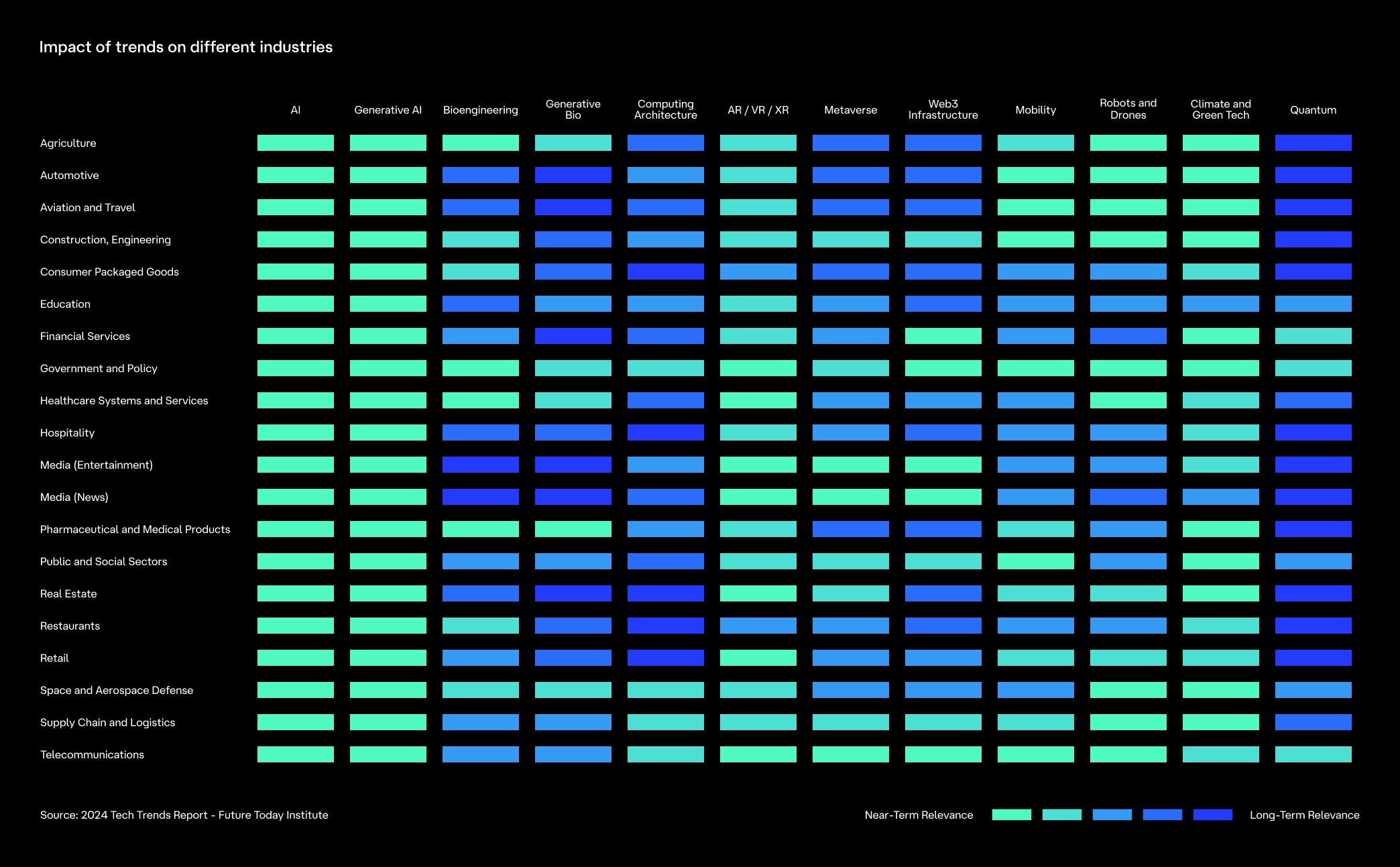Until now, we have mainly discussed how AI is used in design and innovation processes, as we started from the context closest to us, but in reality, we should look at the issue from a perspective beyond our everyday lives.
As time passes, our conviction only strengthens; AI is changing our relationship with technology forever. This change is inevitable and represents a paradigm shift, the effects of which are still to be fully defined.
A necessary premise: AI is not a recent phenomenon; however, the technologies have only now reached a level of maturity and diffusion that allow them to have tangible impacts on people's lives. What is certain is that, at least in the part of the world where we live, millions of people will experience completely new experiences, mediated and enabled by Artificial Intelligence.



